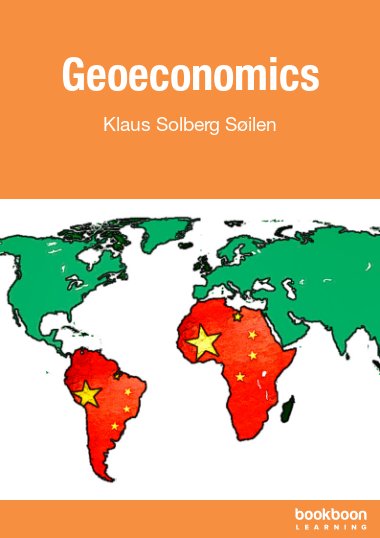With the shift from geopolitics to geoeconomics the focus is no longer the Heartland or the Rimland, or any coherent geographical region, but the set of all geographical locations containing economically-important natural resources, what we shall call the Nareland (Natural Resource Lands). This new logic of dispersed geographical locations marks the shift from geopolitics to geoeconomics.
The centre stage has been taken over by the private-sector organization, the corporation. This means that power has been transferred from the public to the private sphere. It means that the nation state is ceding its power to individuals – less in some countries and more in others, for instance less in Sweden than in the USA; but the trend is clear, and it is global.

